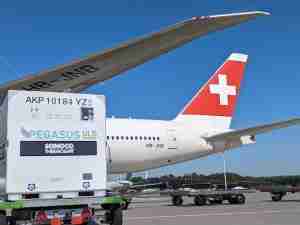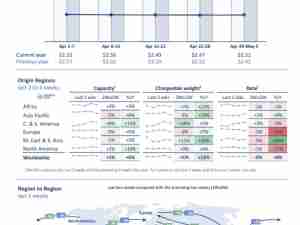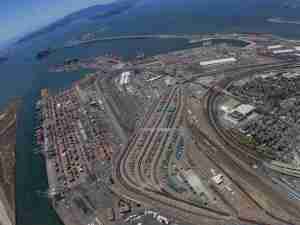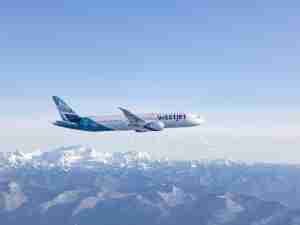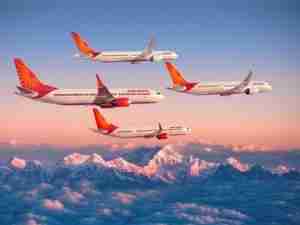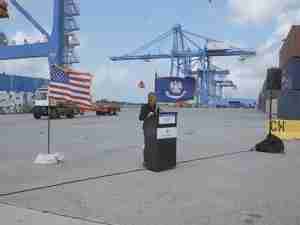Aviation executives implored European leaders to pitch in more taxpayer funding to clean up emissions, warning that the region risks falling behind the US, where subsidies have jumpstarted funding for fossil-fuel alternatives.
“Policy is absolutely critical to create momentum,” said Jonathan Wood, a vice president at Finland’s Neste Oyj, which produces biofuels for the aviation sector. “We need to get on with this. We have no time to look for the perfect solution.”
Wood spoke on a panel Friday ahead of next week’s Paris Air Show, where French planemaker Airbus SE and its US counterpart Boeing Co. stand to rake in billions of dollars’ worth of orders for fuel-guzzling jetliners.
Aviation executives are using the industry’s biggest annual gathering to press the case for Europe to emulate the US and incentivize investment in cleaner fuels. They’re also lobbying fiercely against clean-air restrictions that would hit airlines finances and slow jet sales. The EU is mandating use of at least 6% biofuels and e-fuels in commercial aircraft by 2030, rising to 34% by 2040.
“It’s a really steep ramp-up,” said Remona van der Zorn, sustainable strategy director at Dutch airline KLM. “That’s where it’s crucial to have these incentives.”
The lobbying effort bore some fruit on Friday when French President Emmanuel Macron said France will help fund a €1 billion ($1.1 billion) plant to produce sustainable aviation fuel. That’s just a trickle of the estimated $1.45 trillion needed globally to reach net-zero carbon emissions by 2050.
Airline executives hold the US Inflation Reduction Act, with subsidies of up to $1.75 a gallon for fossil-free aviation fuels, as a model for other regions to follow. The subsidies are already having an impact, said Chris Raymond, Boeing’s director of sustainable development.
Chorus of Pleas
Earlier on Friday, Emirates Airline President Tim Clark warned from the stage that Dutch efforts to limit flights in Amsterdam and France’s banning of a handful of flights have the potential to spread, restricting airline capacity. If that happens, air fares “will go through the roof,” he said.
Environmentalists counter that people should fly less to cut back on CO2 emissions, and that passengers, oil companies and the airline industry should shoulder the cost. They point to the rapid rebound in airline profits since the Covid-19 pandemic ended, and research showing less than 1% of the world’s population accounts for more than half of the emissions generated by flying.
“Those who hop on the planes should be paying for the additional cost of green fuels,” said Matteo Mirolo, aviation manager at Brussels-based Transport & Environment. “Especially as airlines are edging close to record profits this year.”
Some Europe nations are also implementing local measures. France has said it’s considering ways to tax airlines and divert the funds to state-owned railway company SNCF.
“It’s not the same playing field,” said Julie Kitcher, who heads communications and sustainable development at Airbus. “It would be like on a football field with one side playing [European] football and the other side playing American football.”
